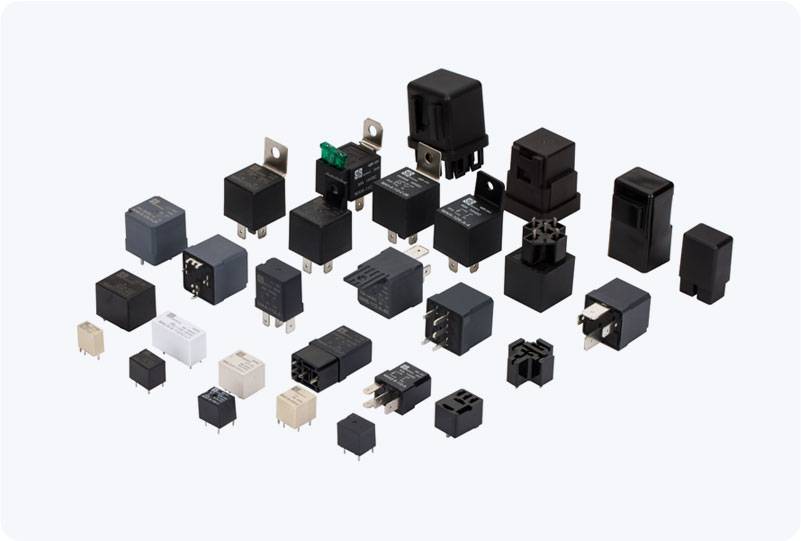Industrial relays are essential components in the operation of electrical systems, providing protection, control, and automation across various industries. As technological advancements continue to shape industrial practices, ensuring the reliability, safety, and efficiency of relays becomes more critical. The IEEE Standards for Industrial Relays play a pivotal role in defining the requirements for relay performance, testing, and application. These standards are developed by the Institute of Electrical and Electronics Engineers (IEEE), a leading organization for developing global standards in various fields of electrical engineering. In this article, we will explore the significance of these IEEE standards and how they contribute to the proper functioning of industrial relays.

The Role of IEEE Standards for Industrial Relays IEEE standards are guidelines that outline best practices for the design, testing, and implementation of industrial relays. These standards are essential for maintaining the safety, efficiency, and reliability of electrical systems, particularly in high-voltage and complex industrial environments. The standards address various aspects of relay performance, including electrical characteristics, mechanical testing, electromagnetic interference (EMI) resistance, and coordination in protection schemes. Key IEEE Standards for Industrial Relays